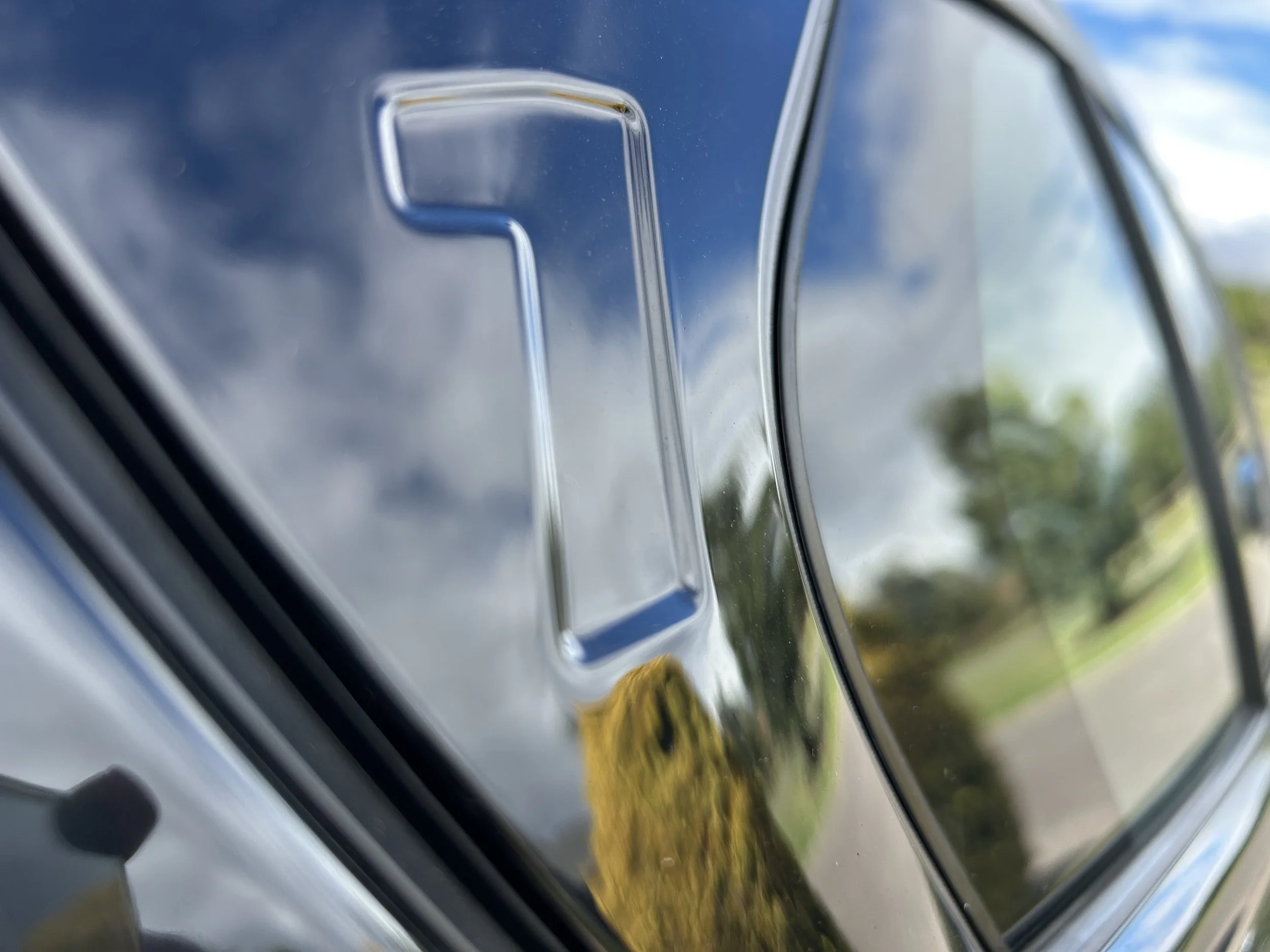Extra pepped Cayenne emerges
/Is the Turbo GT ‘super SUV’ a last hurrah to full-on fossil fuel addiction?
AS is well known, Porsche has entered the electric car business on a high - its first-tilt Taycan has been well-received; plenty of plaudits for its engineering and lots of sales too – last year’s build count of 29,000 unit was equal to that for its iconic 911.
Wholly battery and plug-in hybrid technology is very much coming to this make; it expects all models in production by 2025 to have those options, with one exception: The 911 is expected to be a fully fuel-reliant model.
They just cannot see purists accepting the time-immune rear-engined sports car as having any other kind of powertrain than one that’ll burn fuel.
Not that the 911 will necessarily become be the black sheep. Porsche, as is well reported, is investing heavily into synthetic fuels which, due to the processes involved in the manufacture, are claimed to be carbon-neutral. So, they can guzzle and still be Green. Or so goes the theory.
What about the sports utilities that drive 70 percent of Porsche volume? It’s known there’s an electric version of the Macan coming, based off the VW Group’s MEB platform and out in 2023. It seems logical the larger Cayenne, still the brand’s biggest cash cow, will also follow that path.
But wholly? There will still be fuel-addicted Macans for the foreseeable future and it’s hard to see why some Cayennes might not keep feeding from the forecourt as well.
Still, will there ever be another quite like the Cayenne Turbo GT the brand has just unveiled today? It’s hard not to see this model as representing as a sign-off of some kind. It’s certainly a special chapter of a story that began almost two decades ago.
Based on the Cayenne Turbo Coupe, the new flagship keeps that donor’s 4.0-litre twin-turbo V8 but is given an extra 67kW of power and 80Nm of torque, making for overall outputs of 471kW/850Nm. It isn’t quite as powerful as the E-Hybrid Coupe, but it is quicker, Porsche claiming 0-100kmh in 3.3 seconds.
That time makes it the quickest accelerating production Cayenne ever and a stated top speed of 297kmh makes it the fastest. It recently proved its mettle at the Nürburgring, in establishing a new lap record for production-based SUVs with a time of seven minutes and 38.9 seconds. That’s more than three seconds quicker than a near-stablemate, the Audi RS Q8, achieved in 2019.
Quite conceivably, it could well also be heaviest drinking Cayenne. But that’s just conjecture. Perhaps unsurprisingly, maker-claimed fuel consumption and emissions have yet to be issued. The one saving grace, perhaps, is that Porsche says all its current engines will sustain the switch to the e-fuel it hopes to have out commercially within a few years.
The variant is visually differentiated from its siblings by a series of styling changes, all of which are described as functional measures for more efficient engine and brake cooling as well as added stability and downforce.
They include a new lip spoiler with enlarged cooling ducts at the base of the redesigned front bumper; a modified roof spoiler with new carbonfibre wing elements; and a 25mm-wider rear spoiler that is said to provide the Turbo GT with an added 40kg of downforce at its top speed when fully deployed from the tailgate. The door mirror caps and lower part of the rear diffuser are made from carbonfibre, while the twin tailpipes exit centrally to enhance airflow underneath the car.
It runs on 22in wheels, which are 10.5in wide at the front and 11.5in wide at the rear and finished in either gold or black. They’re shod as standard with 285/35-profile front and 315/30 rear Pirelli P Zero Corsa performance rubber.
Inside, there is a new sports steering wheel with a Sports Response button. It gets electronically adjustable sports seats up front and two individual seats in the rear. Interior stitching and seatbelts are available in gold or grey.
The model goes into right hand drive product soon but there’s no word about when it will reach New Zealand or for how much.



















